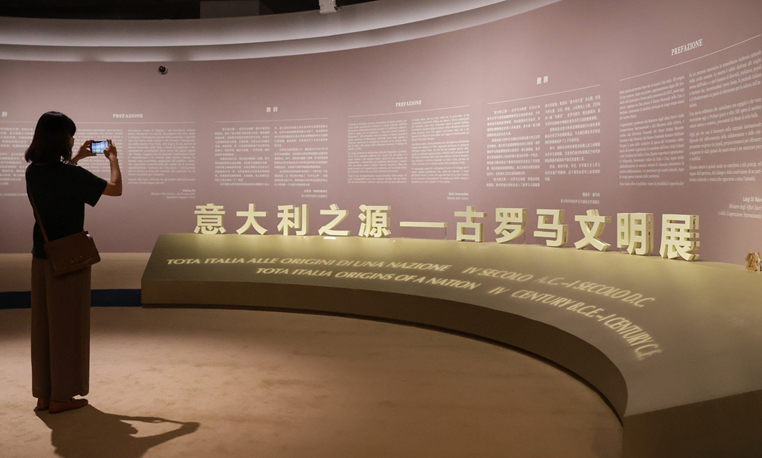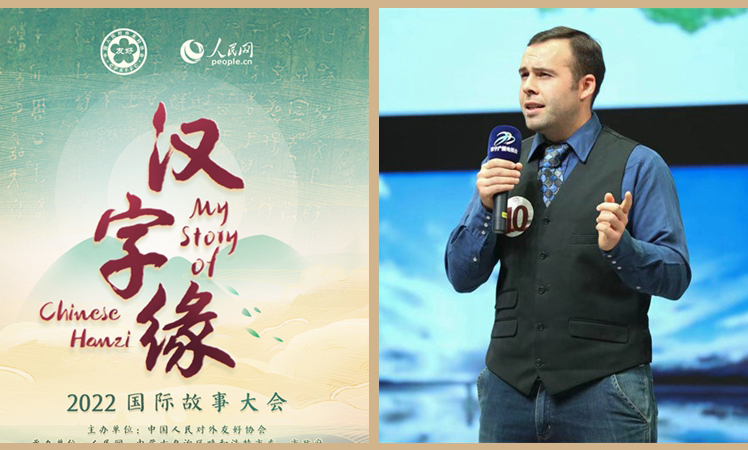S. Korea raises policy rate by 50 bps to curb inflation
SEOUL, July 13 (Xinhua) -- South Korea's central bank on Wednesday raised its policy rate to curb inflation, delivering three back-to-back rate hikes for the first time.
Bank of Korea (BOK) Governor Rhee Chang-yong and other monetary policymakers decided to lift the benchmark seven-day repurchase rate by 50 basis points to 2.25 percent.
It was the first time that the central bank hiked its key rate by half a percentage point, marking the third consecutive rate hike for the first time with 25-basis-point hikes in April and May.
The BOK set off its tightening monetary policy since August last year.
The Wednesday hike was in line with market expectations. According to the Korea Financial Investment Association survey of 100 fixed-income experts, 99 percent predicted the rate increase this month.
The survey showed that 64 percent of respondents expected a 50-basis-point rate hike.
The BOK has been under pressure to counter runaway inflation, which surged to a level tripling the BOK's mid-term inflation target of 2 percent.
Consumer prices spiked 6.0 percent in June from a year earlier, logging the fastest increase in almost 24 years since November 1998.
Consumer price inflation gained speed this year, with 3.6 percent in January, 3.7 percent in February, 4.1 percent in March, 4.8 percent in April and 5.4 percent in May respectively.
Global raw materials prices were heightened by the prolonged geopolitical risks in Europe and the continued supply chain disruptions, resulting in higher import costs that drove the country's trade balance into deficit this year.
Inflation expectations, which gauge the outlook among consumers over headline inflation for the next 12 months, stood at 3.9 percent in June, up 0.6 percentage points from the previous month.
It was the highest in over 10 years since April 2012, marking the highest monthly increase since relevant data began to be compiled in 2008.
The BOK said in a statement that a preemptive policy response to prevent the entrenchment of high inflation is of greater importance for some time as high inflation is becoming broad-based while short-term inflation expectations are rising sharply.
The BOK, however, noted that economic downside risks have increased at home and abroad.
The U.S. Federal Reserve's swift rate hikes put the BOK on alert as a belated response may force foreign funds out of the South Korean financial market.
The Fed took a giant step last month to raise its benchmark rate by 0.75 percentage points to a range of 1.50-1.75 percent, narrowing the gap in policy rates between South Korea and the United States.
Expectations ran high for the Fed to hike its key rate by at least 50 basis points later this month to rein in inflation.
Market watchers forecast that the BOK would raise rates once or twice later this year, setting their target policy rate between 2.50 percent and 2.75 percent by the end of this year.
BOK Governor Lee told a press conference after the rate-setting meeting that unless inflation stays near the expected path, it would be desirable for the BOK to gradually raise rates by 25 basis points for the time being.
Lee noted that it would be hard to see the BOK's one or two rate hikes as a tightened monetary policy, indicating further rate hikes later this year.
Concerns mounted over economic downturns as the higher borrowing costs would add the debt-serving burden for households, which have suffered from record-high debts.
The increased debt-servicing burden was expected to weigh down on private consumption, while high inflation may reduce real income among households.
Photos
Related Stories
- U.S. services sector expands slower in June amid supply bottlenecks, elevated inflation
- U.S. Fed minutes show officials see "more restrictive stance" if inflation persists
- Fed officials see "more restrictive stance" if inflation persists: minutes
- Bundesbank chief calls for restrictive monetary policy to tame inflation
- U.S. Fed rate hikes could hurt low-income Americans most
Copyright © 2022 People's Daily Online. All Rights Reserved.









